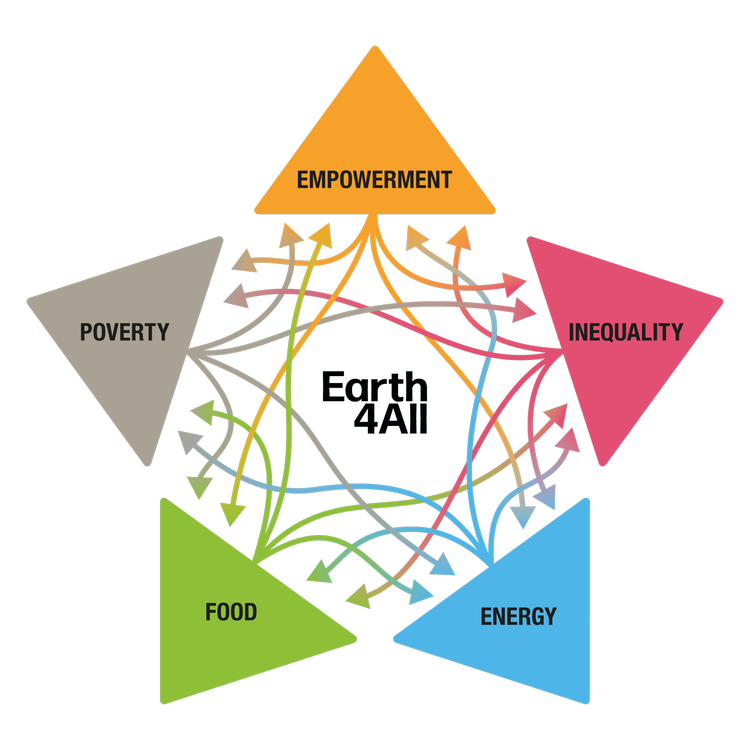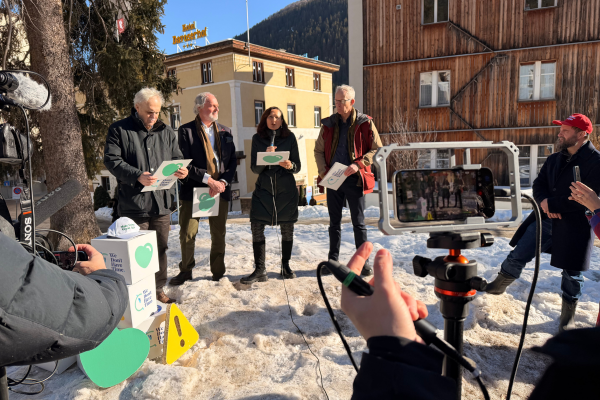Reclaim the Economy Week is coming
- 22 January 2026
As prevailing economic systems fuel inequality, billionaire power and environmental destruction, it’s time to ask: what if there were a better way? Reclaim the Economy Week begins to answer that question by highlighting, celebrating and co-creating alternatives around the globe.




